(QBĐT) - Among the types of folk literature, it can be affirmed that lullabies are one of the earliest. These are gentle songs whose lyrics are taken from folk poetry forms, such as: folk songs, nursery rhymes, chants, and rhymes; six-eight verses, Nom stories written in the six-eight meter; sometimes improvised by the singer... to help children fall asleep easily. Lullabies are a combination of lyrics with melody, rhythm, pitch, and voice quality. Melody, rhythm, and pitch are often simple, with the aim of being melodious, ups and downs, and pleasing to the ear.
In a time when means of communication were not as developed as in the past, lullabies were still used to express, confide, and convey feelings. Grandmothers used lullabies to confide in their children and grandchildren, mothers used lullabies to educate their children, wives used lullabies to confide in their husbands about difficult things to say... In the modern pace of life, preserving and promoting lullabies is not easy. Lullabies are in danger of gradually disappearing.
Canh Duong village (Quang Trach) is a land of "geomancy and talent". Canh Duong people have a very special voice that is easy to recognize. That contributes to the difference of lullabies in this countryside. Like other regions, Canh Duong lullabies have been formed and developed since the village was founded until now. Lullabies mostly originate from folk songs, six-eight poems, and poetic stories written in the six-eight meter that have been widely passed down from generation to generation.
Therefore, in the treasure trove of Canh Duong lullabies, we encounter many familiar folk songs, six-eight poems, and six-eight poems. The number of lullabies composed by Canh Duong people is not much, but it is very important. It contributes to the unique features of Canh Duong lullabies. Even with familiar lullabies, Canh Duong people also compose and sing them with their own voice, their own way of vibrato, their own melody, their own accompaniment... creating a unique feature that is not similar to any other locality or region.
For example, the song: "Afternoon afternoon, standing on the riverbank/Wanting to visit mother but there is no ferry across" is a lullaby from Canh Duong that sounds very strange, because the voice has a high pitch compared to other localities, and is filled with filler words, such as: "Ho he ho he", "bon bon bon" blending with the rhythm of the hammock and the rhythm of the waves.
 |
The contrast between “yesterday” and “today ”, between “ her pillow ” and “ the pillow of the anchor rope ” makes the listener feel sad and sympathetic. Because of the lack of affection due to always having to live far apart, the wives of Canh Duong village often pray: Waiting for the East wind to blow/For the boats to run, for my husband to come up . Each time: Leaving Canh Duong land/The more I love, the more I miss in my heart .
Canh Duong women fully understand the hard work of their husbands and lovers: All by themselves, rowing the boat/Who else can bail water and steer the boat for you ? They want to live together, relying on each other: The husband fishes, the wife fishes/Wandering around the river and sea to support each other day by day . Through lullabies, we understand the difficult circumstances of the people of Canh Duong's fishing village in the past: In March, my dear, I spend my own money and hide it from my mother to support my brother; When fishing, I'm afraid of losing the bait/At home, my children are hungry and I can't sit still .
However, they always yearn for happiness as a couple: A few words to the fisherman/If you eat the fish, snatch it, if you wait too long, it will lose its scent . They are full of courage and confidence: The net has been cast out/If you don't catch shrimp, you will catch prawns, if you don't catch teeth, you will be a crab. Thanks to that belief, they overcome their circumstances, overcome their fate, and maintain their family life from generation to generation. Not only that, they always find joy in their work.
In the treasure trove of Canh Duong lullabies, there is a rather unique song: One night of five or seven maids/Not as good as a fish biting a hook and bending a rod . Folk authors use witty, intelligent comparisons, expressing the optimistic spirit, love of life, and love of life of the working people. This is the real pleasure of fishermen. There are up to six consonants "C" placed together in the second sentence: Con-ca-cấn-ca-cưng-cang-can, making the listener feel like they can see the curve of the fishing rod appearing before their eyes.
Canh Duong villagers encouraged each other: If you want to catch a three-legged fish, there is no shortage of mountain fish and barbs in the Roon River . As far as I know, the fish lives in salt water, lays eggs in brackish water (estuary), grows in fresh water for the first 1-2 years of its life, then returns to salt water. There was a fish that was nearly 2m long and weighed more than 160kg. Therefore, it took "three poles" and six people to carry it. It was a rare fish, usually living under coral reefs. Unfortunately, the coral reefs in Canh Duong no longer exist and the fish species has also disappeared. The name of the fish is only preserved in the treasure trove of Canh Duong lullabies.
When I was a child, I heard my grandmother lull my younger brother to sleep in a hammock: In the afternoon, Mr. Doi went fishing/A be, a cup, and a gourd behind his back . In Hue , I heard again: In the afternoon, Mr. Ngu went fishing/A be, a cup, and a gourd behind his back . Listening to Canh Duong's lullaby, I also discovered a similar song: In the afternoon, Mr. Duoi went fishing/A be, a cup, and a gourd behind his back . This is a common phenomenon in the lyrics of many lullabies in other localities and regions. The lyrics of lullabies have mostly been available since ancient times, the grandmothers, mothers, and sisters just changed the name of the fisherman to suit their locality. Because, in almost every village, there are strange Mr. Doi, Mr. Ngu, Mr. Duoi. They go fishing without carrying a fishing rod, bait, or basket, but instead carry "a be, a cup, and a gourd behind their back".
With the lyrics of such lullabies, it is difficult to verify the origin. However, the people of Canh Duong village did not stop at the available stereotypes but boldly created and processed them into: In the afternoon, Mr. Lu goes fishing/Mrs. Lu goes digging, daughter-in-law goes digging . This Mr. Lu goes fishing, he really goes fishing (unlike Mr. Doi, Mr. Ngu, Mr. Duoi who mainly seek leisurely pleasures). Along with Mr. Lu, there are also "Mrs. Lu goes digging " and " daughter-in-law goes digging" . This novelty and creativity is very difficult to find in local lullabies, other coastal villages.
Canh Duong lullabies are priceless spiritual food. On November 10, 2023, the Ministry of Culture, Sports and Tourism issued Decision No. 3427/QD-BVHTTDL announcing the list of National Intangible Cultural Heritage and Canh Duong lullabies were officially included in the list of National Intangible Cultural Heritage. Mr. Tran Quang Binh (former lecturer at Binh Tri Thien School for Training Educational Management Staff; lecturer, Head of the Faculty of Educational Management, Thua Thien-Hue Pedagogical College) - a son of Canh Duong village with a lot of love and passion for his homeland is devoting a lot of effort to collecting and compiling the work "Canh Duong Lullabies" - a very meaningful work.
Mai Van Hoan
Source


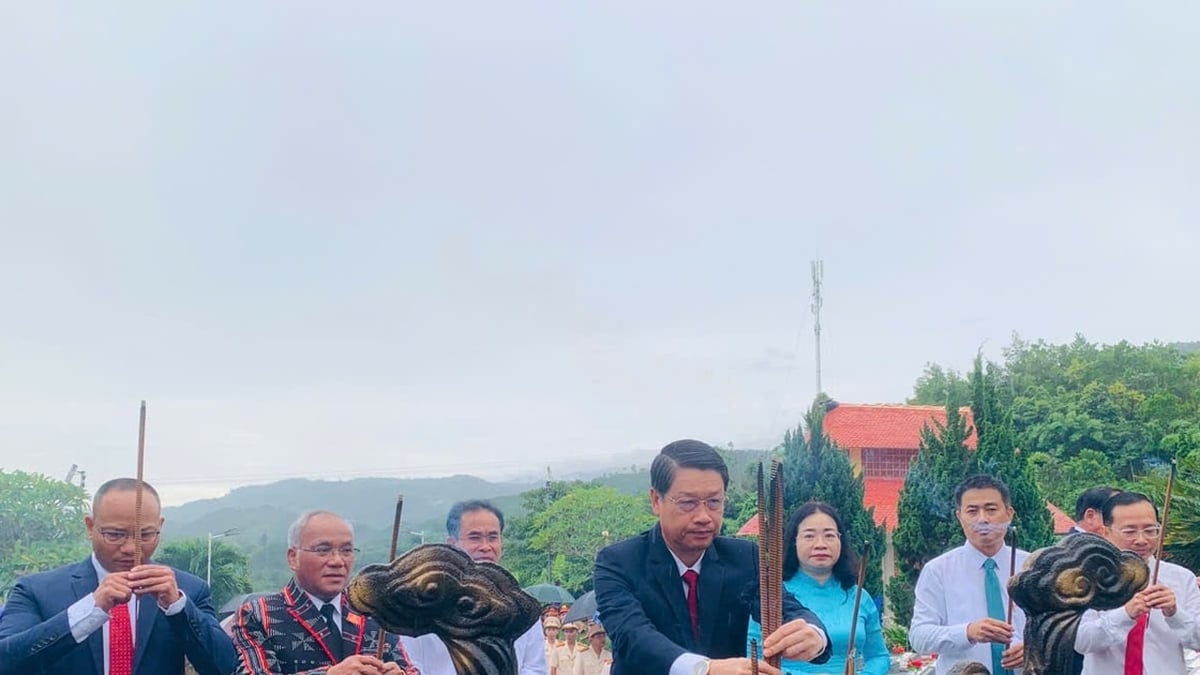



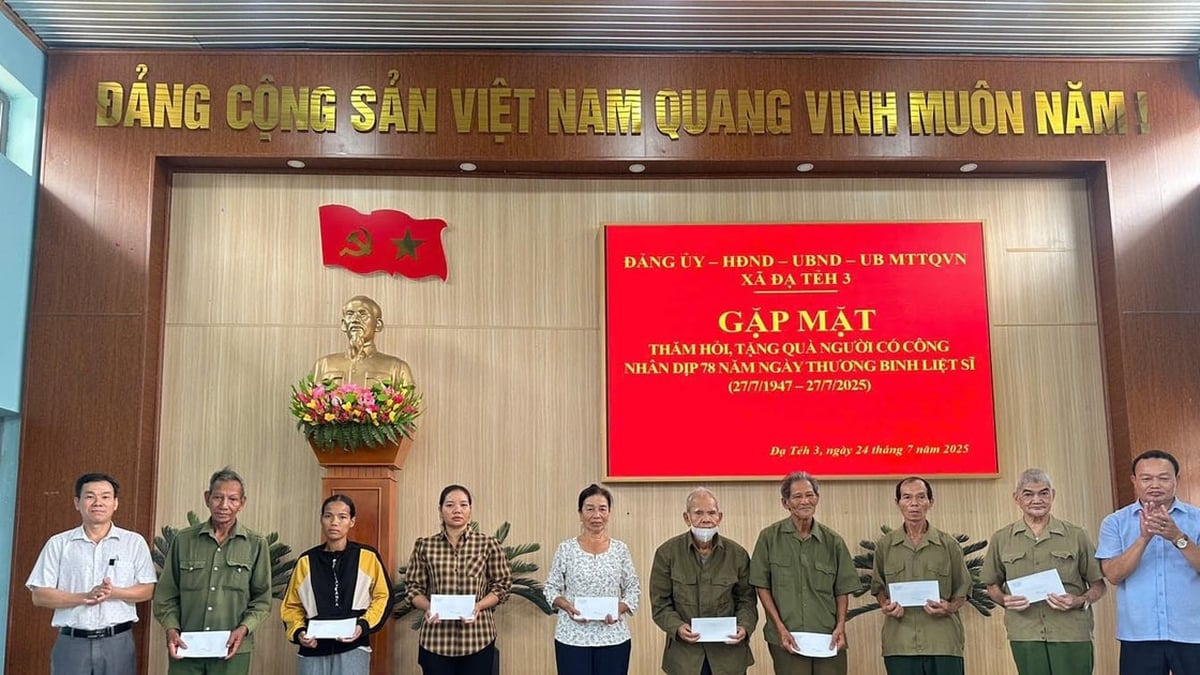





















![[Photo] Signing of cooperation between ministries, branches and localities of Vietnam and Senegal](https://vphoto.vietnam.vn/thumb/1200x675/vietnam/resource/IMAGE/2025/7/24/6147c654b0ae4f2793188e982e272651)





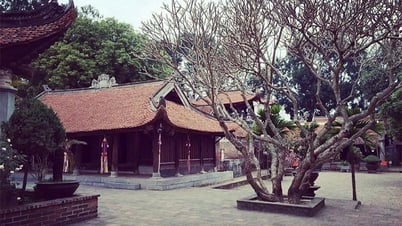



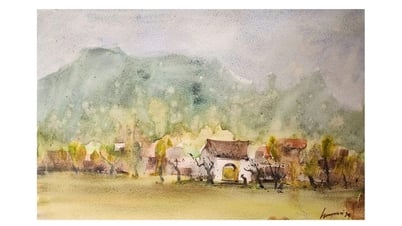

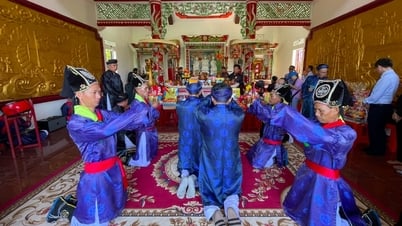

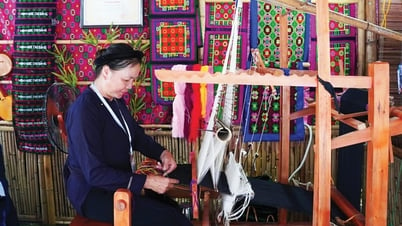






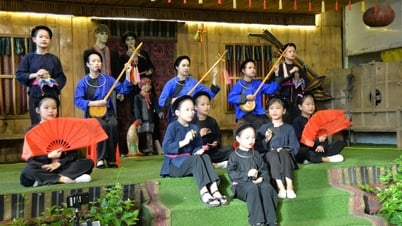





















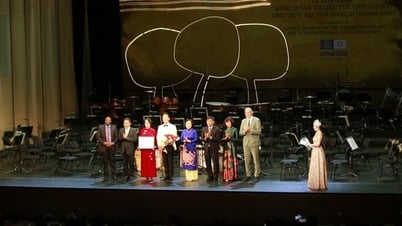

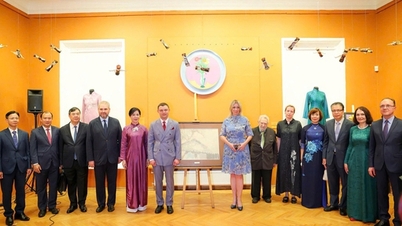


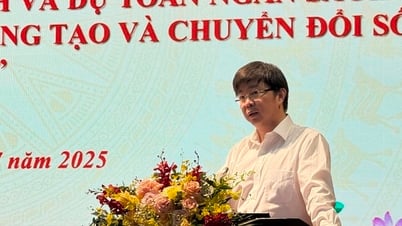

















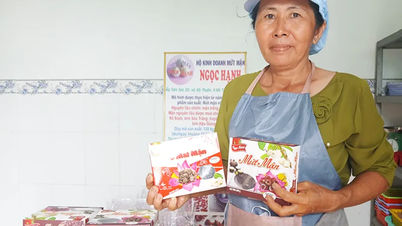

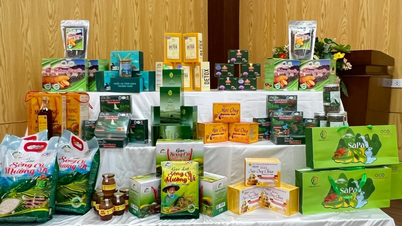




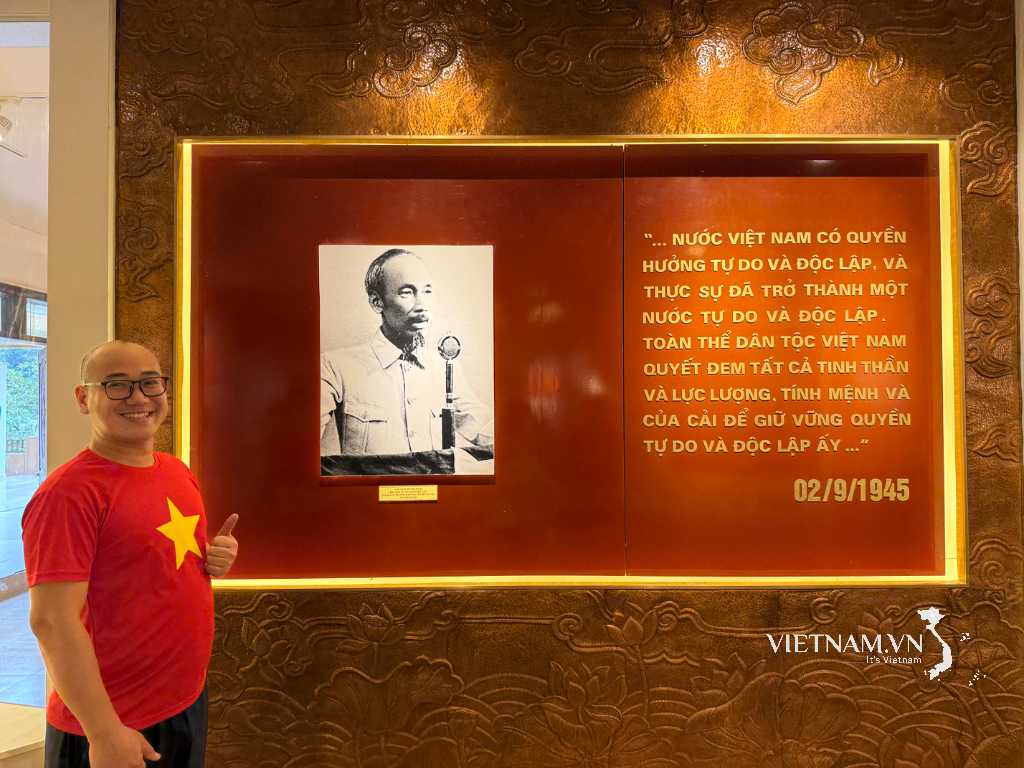
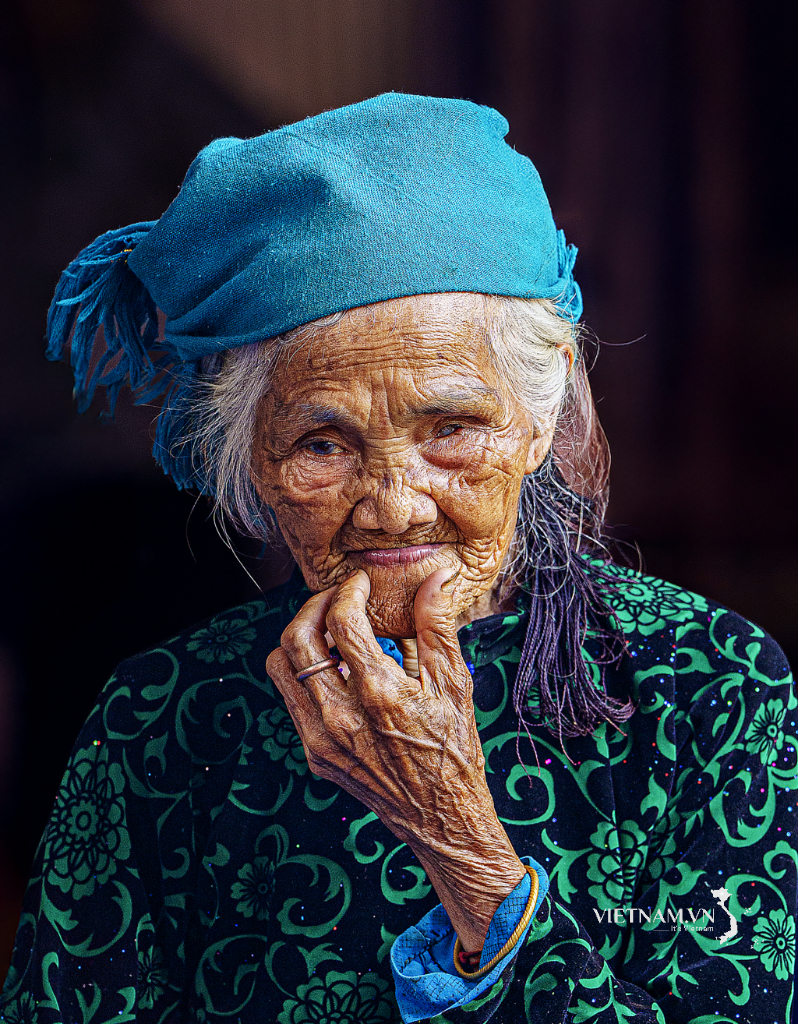
Comment (0)